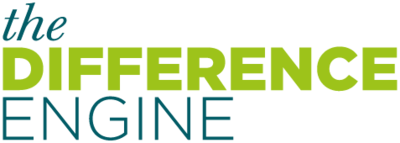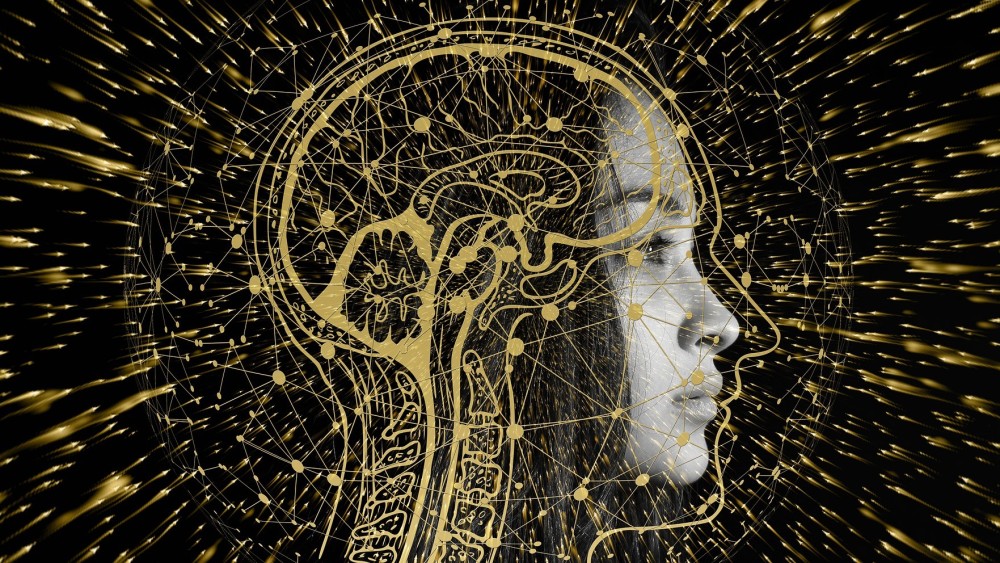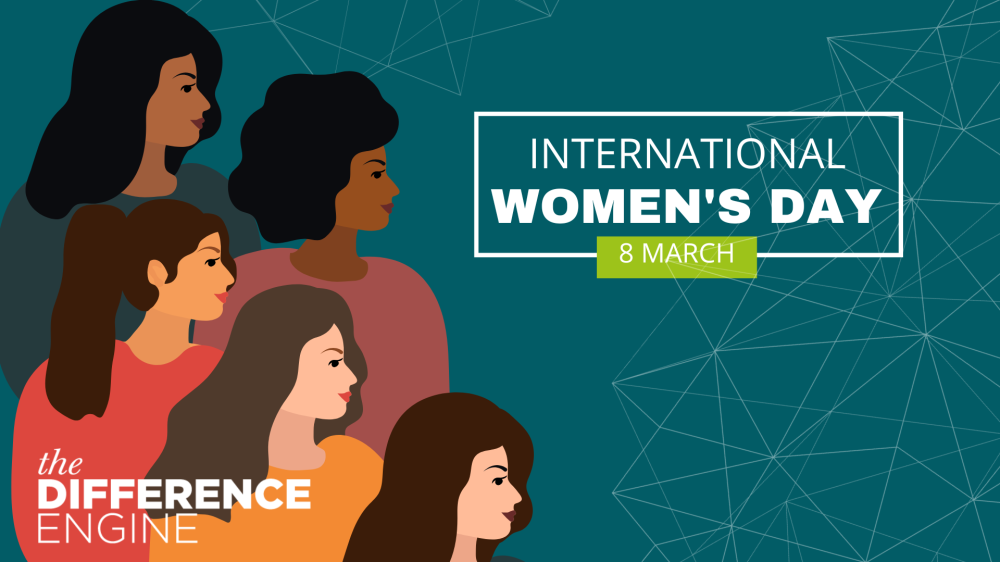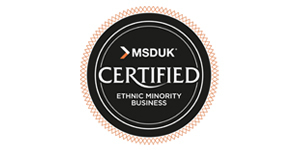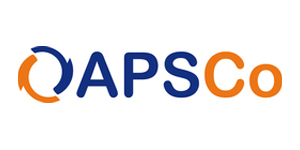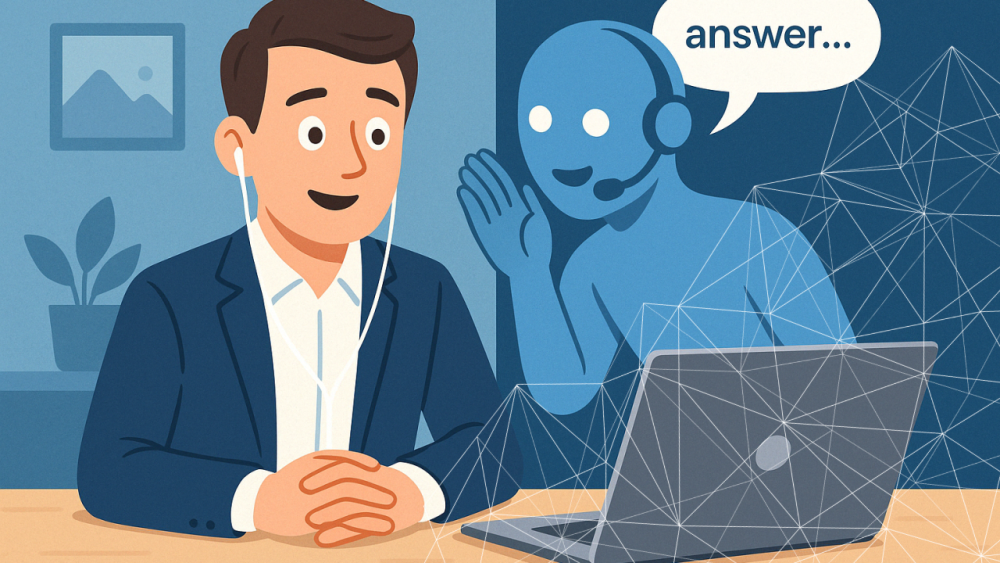
posted 9th May 2025
This morning, I interviewed a candidate with a PhD in Engineering. Smart background, solid resume… but when I asked a basic question about unit testing, I swear I heard keys tapping. Then—after an oddly long pause—I got an answer. Not his answer, but something suspiciously polished, like it had just come out of an AI thesaurus. Vocabulary shift. Tone shift. Everything. It was like talking to a different person.
And it didn’t stop there. When I asked, "What questions do you have for me?"—a softball for any prepared candidate—he paused again. Then rattled off a response that sounded like ChatGPT had just wrapped a TED Talk on “Questions That Impress Interviewers.”
We’re entering a new era of interviewing: one where candidates don’t just bring their resumes—they bring their digital co-pilots.
These AI tools can help candidates debug, auto-complete, and even fully solve algorithmic challenges in real-time
AI-Assisted Interviews: The Silent Partner on the call
It’s no longer just about someone googling answers mid-call. We're seeing candidates with coding assistants (InterviewCoder to name just one) invisibly embedded in their IDEs, whispering solutions during LeetCode or CoderPad tests. These tools can debug, auto-complete, and even fully solve algorithmic challenges in real-time. It even allows the candidate to align the advice beneath their camera so the interviewer doesn't detect their eyes wandering.
Some of our clients have responded by moving back to in-person interviews. It’s a sensible step, but not foolproof. We’ve heard whispers (no pun intended) about candidates sending stand-ins to interviews—or worse, showing up on day one and not being the same person at all. Yes, we’re back to photo ID checks in tech hiring. Welcome to 2025.
Projecting the Future: AI as the Candidate's Earpiece
Fast-forward a few years (or months), and imagine this: an AI interview assistant listening in real-time, analyzing the conversation, then feeding the candidate vocabulary-aligned suggestions on what to say. It’ll be seamless, undetectable, and perhaps even expected. Its already hard to tell the difference between Reid Hoffman and ReidAI (apart from the lack of blinking).
Will candidates even know the answers themselves—or will they just know how to prompt their assistant?
And how do we, as hiring managers, keep up?
Back to Basics: Hire Humans, Not Avatars
The solution isn't banning tech or playing whack-a-mole with every new cheating method. It’s grounding the process in real, human interactions. Credibility, communication, critical thinking—those don’t get faked easily, not even by the best large language models.
Having a competent, skilled interviewer engaging early on in your process — someone who can go off-script, who knows how to dig, who can read when something feels "off"—is more important than ever. The interview process isn’t just a technical filter. It’s a BS detector, a vibe check, and yes, sometimes a Turing test.
Having a competent, skilled interviewer engaging early on in your process is more important than ever.
Final Thought:
AI is here, and it’s great! But the bar for authenticity just got higher. If your interview process can’t spot the difference between a great engineer and a great prompt engineer, you might be hiring the wrong kind of genius, and the later you discover this in your process, the more it costs.
